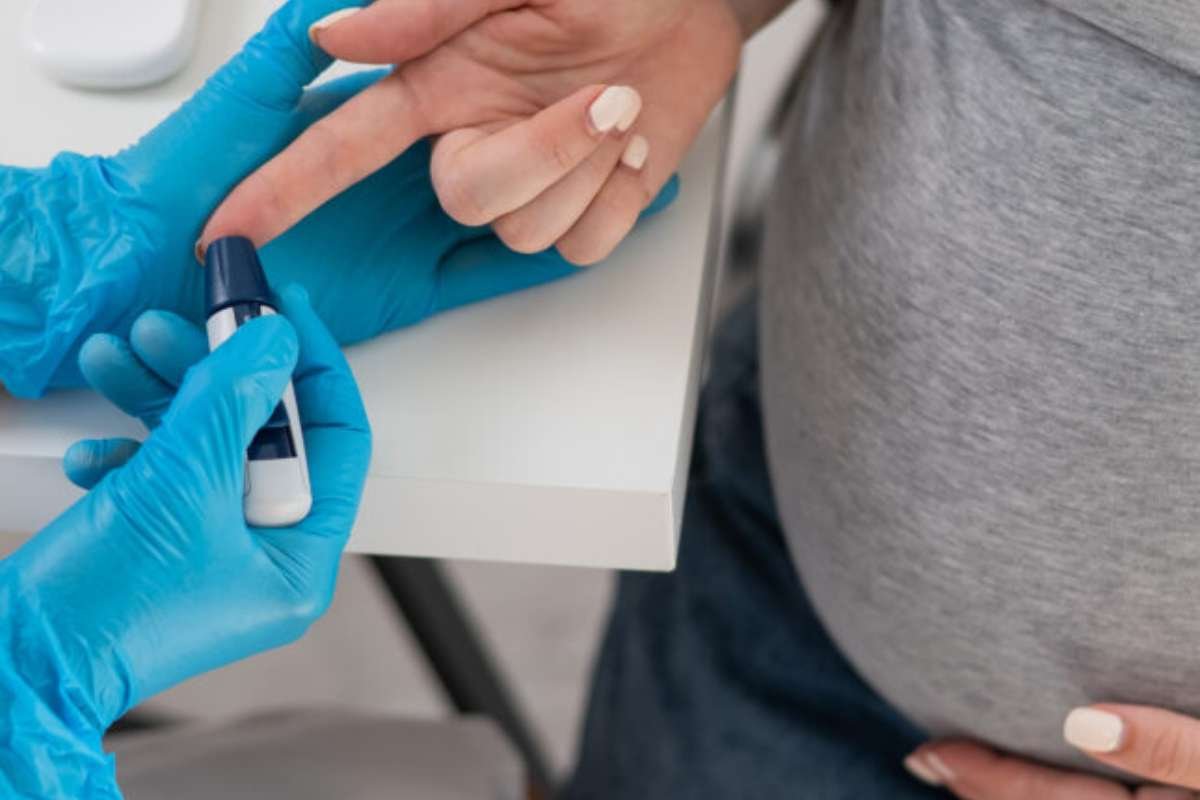Significant Gaps in Diagnosis Identified
A recent study has revealed that over half of pregnant women with gestational diabetes remain undiagnosed under the current NHS testing process, posing potential risks to both mothers and babies. Conducted by Professor Claire Meek from the University of Leicester and researchers from the University of Cambridge, the study was supported by funding from the National Institute of Health and Care Research (NIHR). Published in the journal Diabetic Medicine, the findings point to the need for faster blood sample processing to enhance the accuracy of gestational diabetes diagnoses.
Gestational diabetes is typically diagnosed between 24 and 28 weeks of pregnancy using the oral glucose tolerance test (OGTT). This test measures blood sugar levels before and after consuming a sugary drink. However, the study uncovered a critical flaw in the process: glucose levels in blood samples naturally decrease over time, leading to inaccurate results if the samples are not processed promptly. “Processing the blood quickly ensures that the glucose levels in the sample reflect the patient’s actual blood sugar levels,” explained Professor Meek.
Improved Testing Procedures Show Promising Results
The study compared the NHS’s standard sample processing procedures with an enhanced method involving quicker processing of blood samples. Under the current NHS approach, only 9% of women in the study were diagnosed with gestational diabetes. However, when the enhanced processing method was used, 22% of participants were identified as having the condition.
This discrepancy suggests that 13% of women with gestational diabetes are missed under the current system. Danielle Jones, the PhD student coordinating the research, highlighted the implications: “Faster blood processing identified additional women with raised blood sugar levels who were missed by the standard test. Thirty-seven percent of these undiagnosed women later had large babies, a complication that might have been prevented with timely treatment.”
Scaling these findings to a national level, it is estimated that 28,000 to 30,000 pregnant women in the UK may be affected annually by missed diagnoses under the current system. Prompt identification and treatment of gestational diabetes can help mitigate complications such as excessive fetal growth and associated delivery risks.
Opportunities for Improvement in NHS Practices
The study underscores the urgency of adopting faster blood sample processing methods across NHS facilities. According to the researchers, processing blood within 2 to 4 hours is feasible in most NHS settings and could significantly improve health outcomes for mothers and their babies.
Professor Meek emphasized the transformative potential of these findings: “Improving sample processing procedures is a practical and impactful way to ensure more accurate diagnoses of gestational diabetes. This simple adjustment can lead to better access to treatments and prevent complications for both mothers and their babies.”
The study’s authors advocate for systemic changes to current NHS practices, urging healthcare providers to prioritize faster processing as part of routine care. Such measures could close diagnostic gaps and foster better long-term outcomes, safeguarding maternal and neonatal health in the UK.







